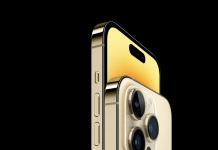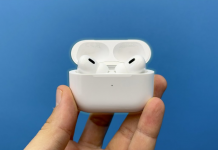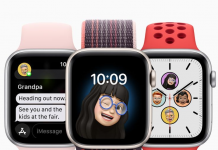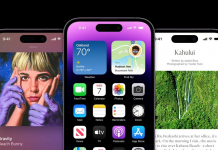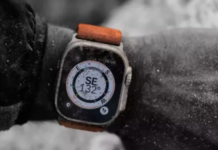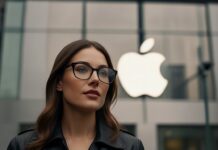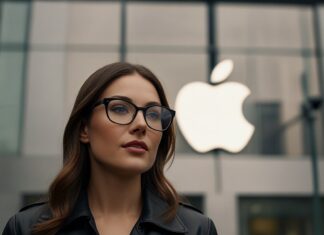The disintegration of filters that alter the looks of youthful individuals
TikTok company has stated its plan on not allowing users below 18 years of contract the following beauty filters: nose shape, skin-colour altering filters etc. Such filters such as ‘Bold Glamour’ have been used to criticised to set low self-esteem especially among the youths. Other filters for fun such as the rabbit ear will not be wiped out. These restrictions are designed to minimize the cutout which society places on appearance. But their usefulness will be contingent upon TikTok’s capacity to accurately estimate the age of its users.
Additional strict patriotic actions to prevent children under 13 years from accessing it
Also, it is attacking small users including accounts of users below the age of 13 years, which is barred by TikTok policies. With the help of artificial intelligence, the platform believes that it can identify users who are too young more effectively. Since 2009 to the first quarter of 2012, it removes approximately 20 million fake or underage accounts every three months. These new technologies will be launched before year end and will enable calling for accounts deleted by mistake. The action has been prompted by the rising pressure from such authorities as Ofcom that blame the loophole in the current platforms as to why age limitations cannot be enforced.
Managing through strict regulation
These measures are made in anticipation of the crackdown, which is likely to happen once the Online Safety Act comes into force introducing strict age checks and severe penalties for violation of rules. That’s why other apps, like Instagram and Roblox, are implementing similar approaches to get ready for this regulation. These adaptations show a developing concept of risks connected with improper materials for children. Nonetheless, the opposition claims that these measures appear to originate from regulation rather than the concern about children.
Protecting young people: a collective challenge
While these new rules are welcomed by associations such as the NSPCC, they are not enough according to experts. Andy Burrows, of the Molly Rose Foundation, is calling on TikTok to be more transparent about the effectiveness of its controls. It also emphasizes the need to fix algorithmic flaws that expose teens to harmful content. More broadly, actors such as government and regulators will need to continue to exert pressure to ensure age-appropriate experiences for young people. TikTok’s announcements, while promising, represent only a first step towards a safer digital environment.









